
The Ricoh AF-5 at a Glance
What you’ll get: an overview of the AF-5’s origins, design, and reputation.
The Ricoh AF-5 was released in the early 1980s as part of Ricoh’s autofocus lineup. With its sharp 35mm f/2.8 Rikenon lens, compact body, and fully automatic exposure, it quickly became a dependable companion for those who valued simplicity and portability.
The first time I held a vintage point-and-shoot like the AF-5, I realized how liberating it was to focus less on settings and more on framing moments.

Key Features That Matter in 2025
What you’ll get: a breakdown of the camera’s essential specs and usability.
Lens and Autofocus
The 35mm f/2.8 Rikenon lens is versatile for everyday and street scenes. Infrared autofocus provides accurate focusing in good light, freeing you from manual guesswork.
Flash and Power
A built-in flash supports low-light photography, while motorized film advance and rewind run effortlessly on AA batteries. Unlike many vintage cameras, you don’t need rare battery types.
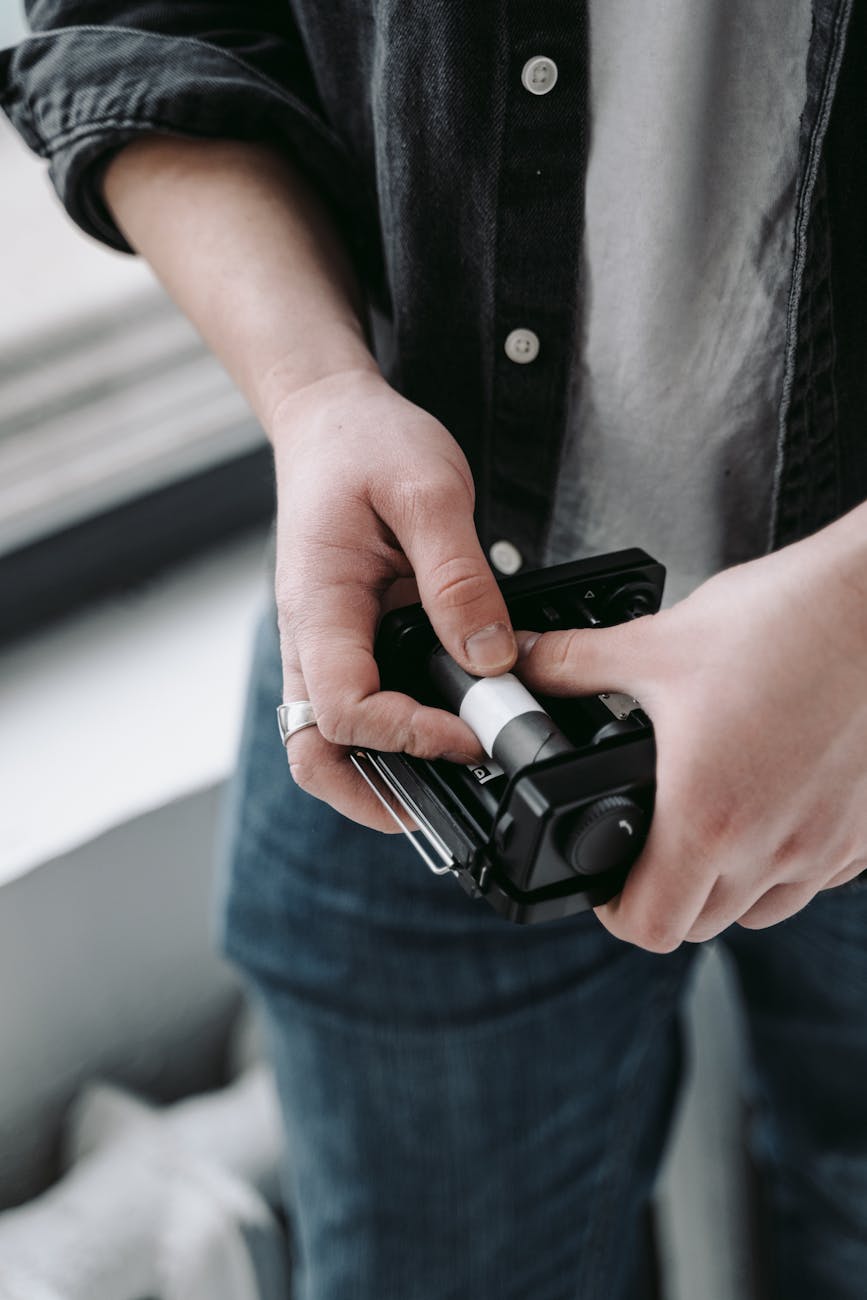
Who Will Love the Ricoh AF-5?
What you’ll get: an idea of who gains most from this film camera.
- Beginner film shooters seeking simplicity
- Street photographers who want discreet operation
- Travelers needing reliability without bulk
- Creators blending film with digital workflows

Best Creative Uses for the AF-5
What you’ll get: inspiration for shooting projects with the Ricoh AF-5.
Street & Travel Photography
With its quiet shutter and compact build, the AF-5 is discreet enough for candid urban shots or travel storytelling.
Experimental & Hybrid Workflows
Use expired film for dreamy effects or scan negatives into digital projects. This camera easily slots into hybrid analog-digital workflows.
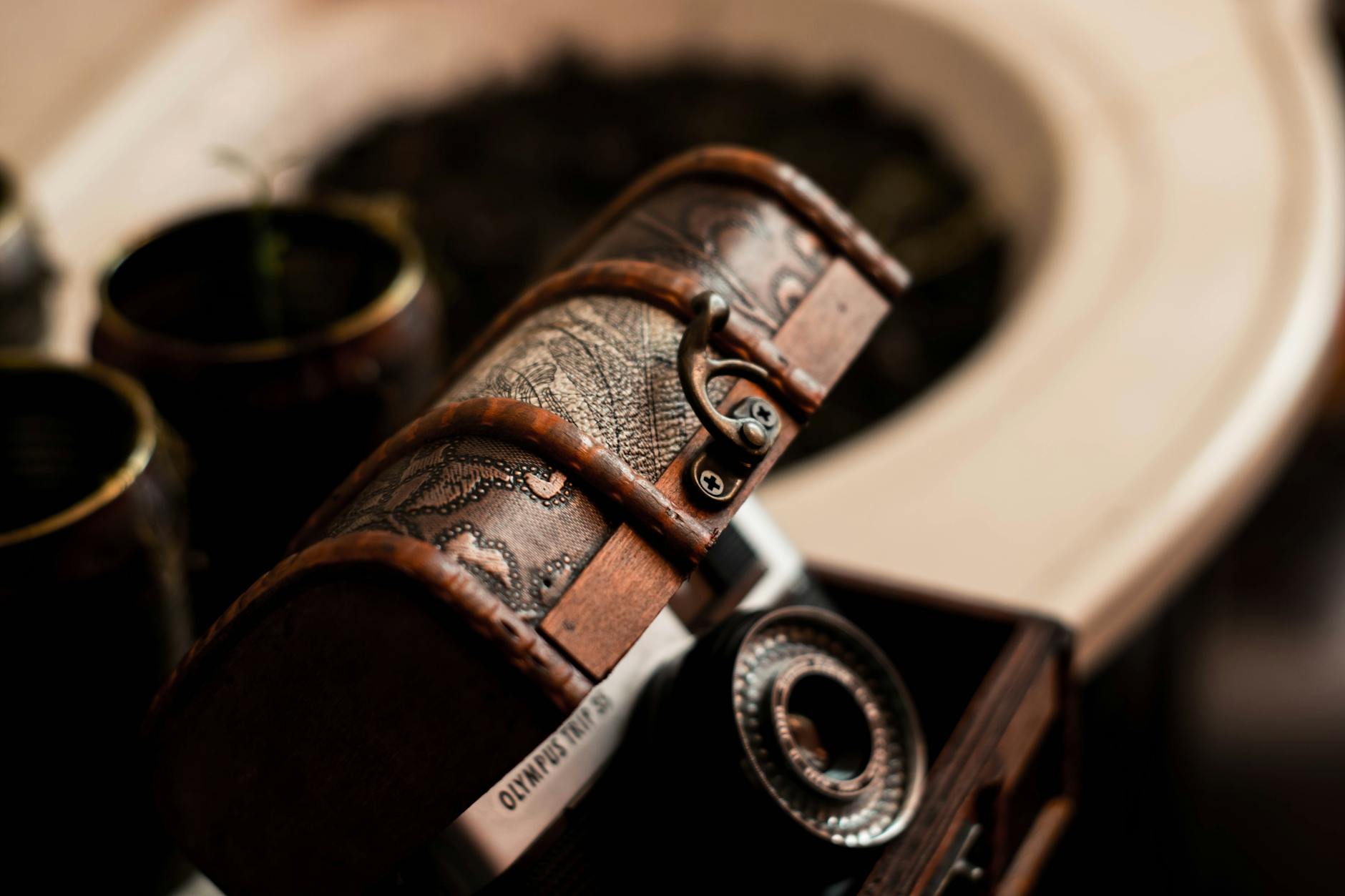
Buying a Second-Hand Ricoh AF-5
What you’ll get: key considerations when shopping for this vintage point-and-shoot.
Before you buy, test the autofocus system, check that the motor is smooth, and inspect the lens for haze or fungus. Look carefully at the battery compartment and light seals, as these parts age quickly.
- ✔ Autofocus locks properly
- ✔ Motor runs smoothly
- ✔ Lens is clear of haze/fungus
- ✔ Battery compartment shows no major corrosion
- ✔ Light seals in good condition or easy to replace
When I unboxed my first second-hand point-and-shoot, I noticed the worn leather and faint scratches—it was precisely those marks that made it feel alive.

Conclusion: Why the Ricoh AF-5 Still Works Today
What you’ll get: closing thoughts on why this compact is still relevant.
The Ricoh AF-5 offers a straightforward path into film photography. With its discreet design, dependable automation, and the character of 35mm film, it remains one of the most accessible analog cameras available on the second-hand market. Whether for street photography or hybrid digital workflows, it simply delivers.
Quick decision
- Choose if you want simplicity and minimal controls.
- Skip if you regularly shoot in extreme low light conditions.
- Ideal for candid travel, street, or experimental work.
- Runs on easy-to-find AA batteries.
Pros
- Lightweight and pocketable design
- Sharp 35mm f/2.8 Rikenon lens
- Autofocus and auto exposure make it stress-free
- Uses AA batteries—easy to find
Cons
- Autofocus struggles in dim light
- No manual exposure control
- Light seals often require replacement
FAQs
Is the Ricoh AF-5 good for beginners? Yes, its autofocus, automatic exposure, and AA battery power make it simple for newcomers to film photography.
What film works best with the Ricoh AF-5? ISO 200–400 works well for daylight shooting, ISO 800 for low-light. Expired film adds creative effects.
What should I check before buying a Ricoh AF-5 second-hand? Confirm autofocus response, smooth motor, clean lens, intact battery compartment, and healthy light seals.
How much does a Ricoh AF-5 cost in 2025? Expect to pay a modest amount depending on condition and included accessories.
Browse more point-and-shoot film cameras and find the Ricoh AF-5 that fits your journey.
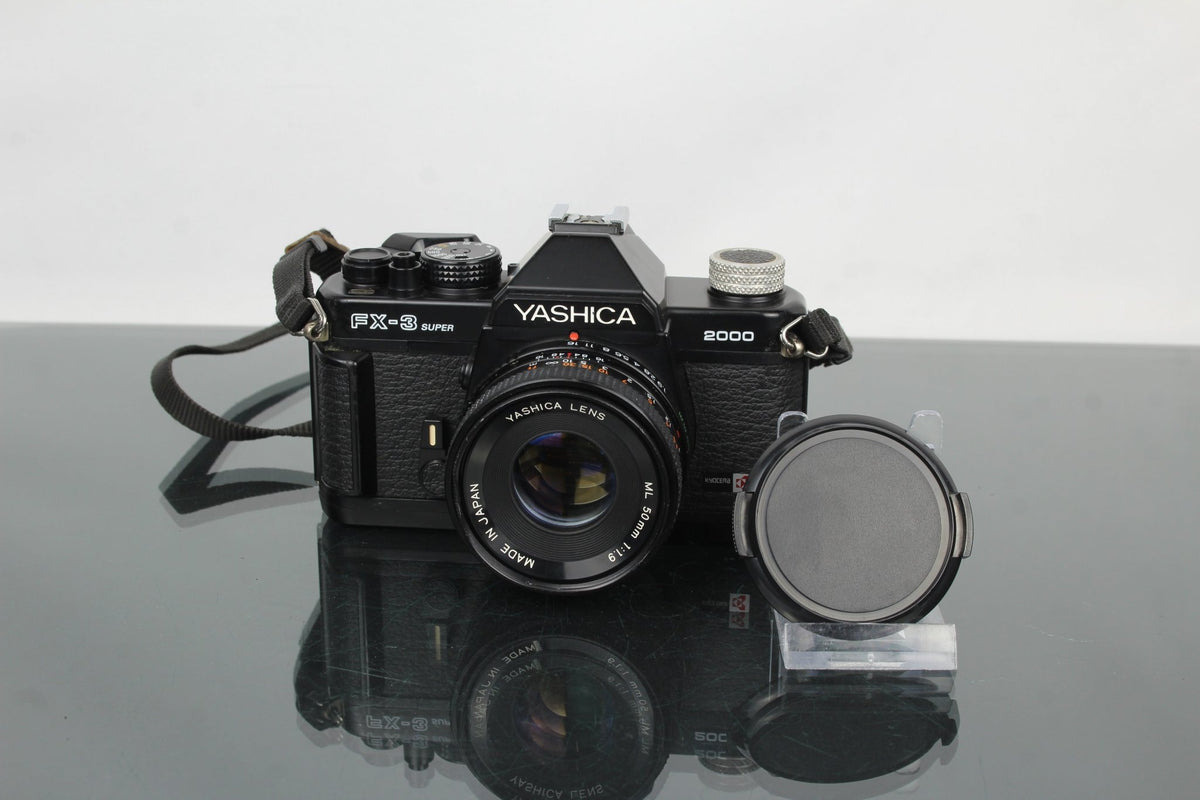
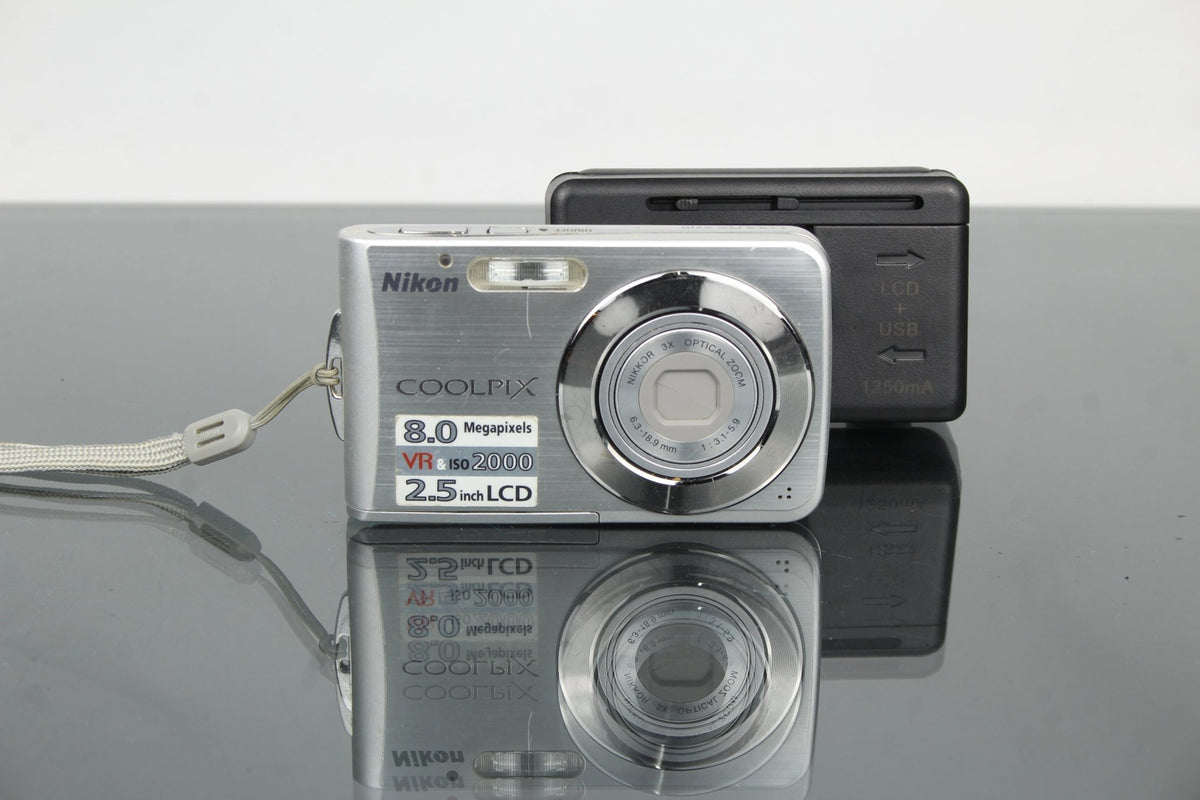
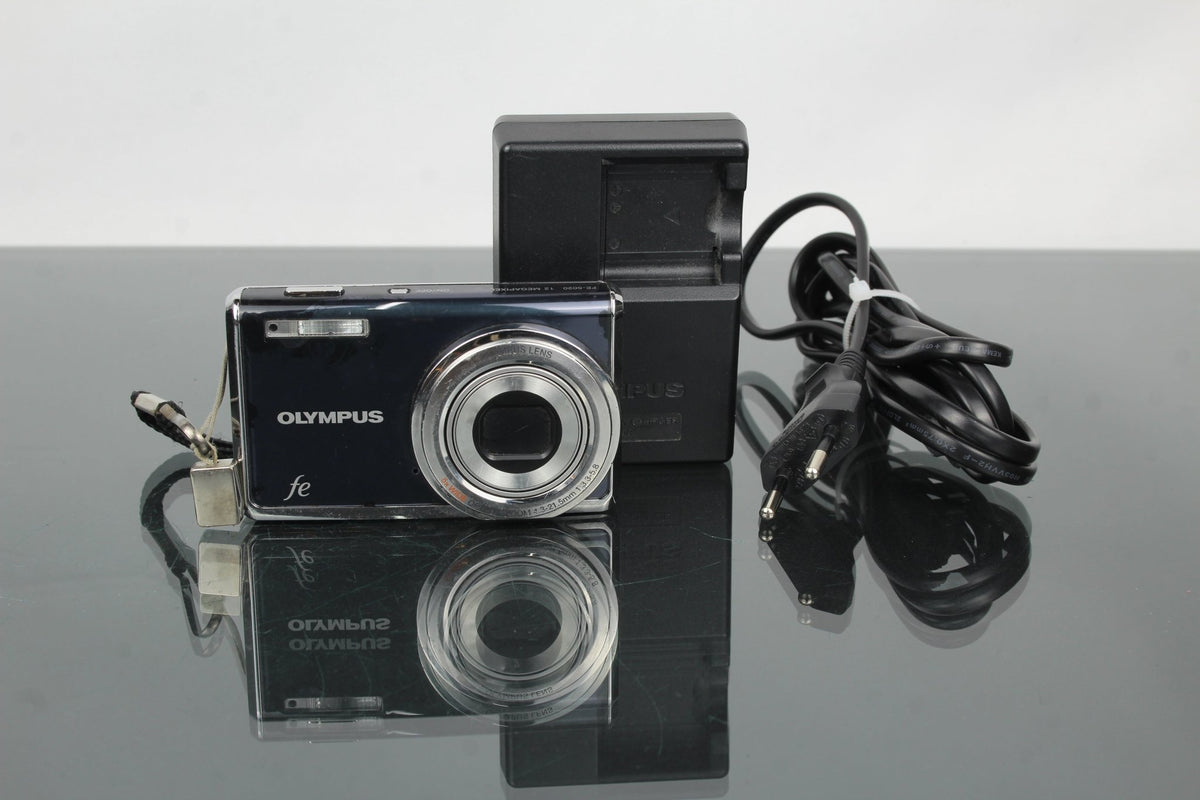
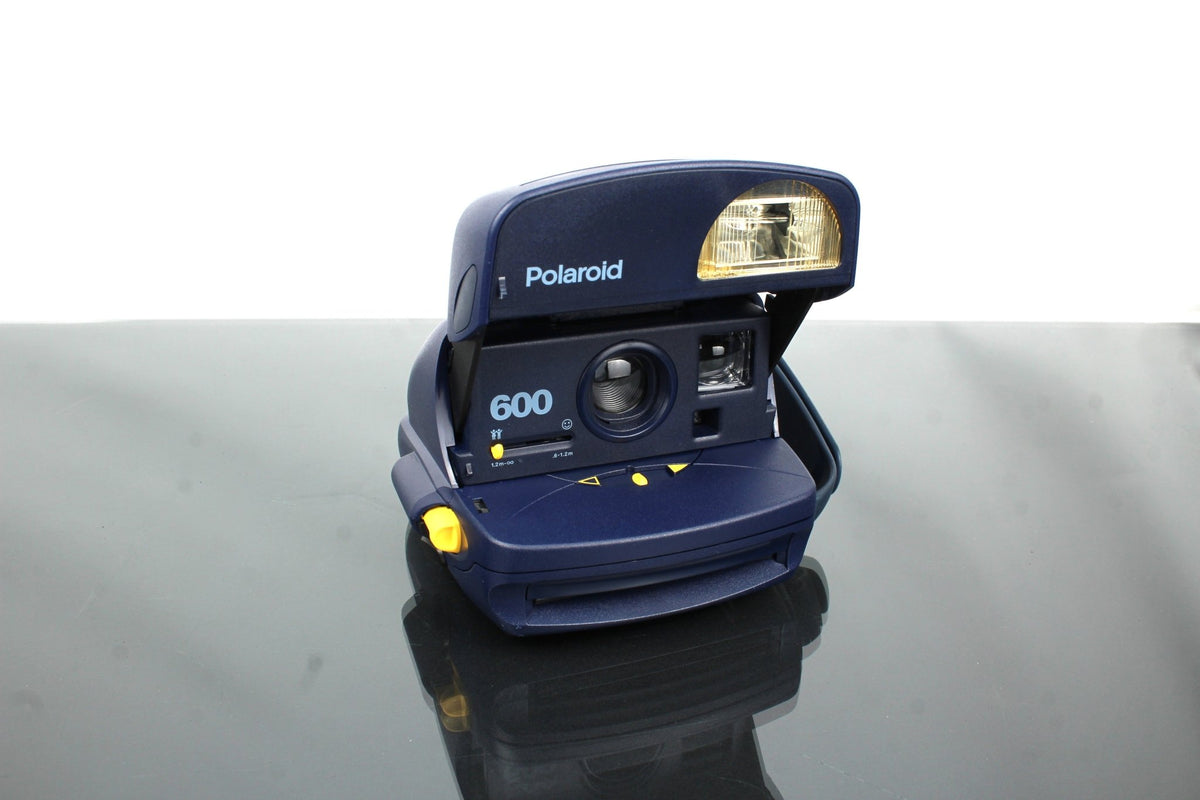
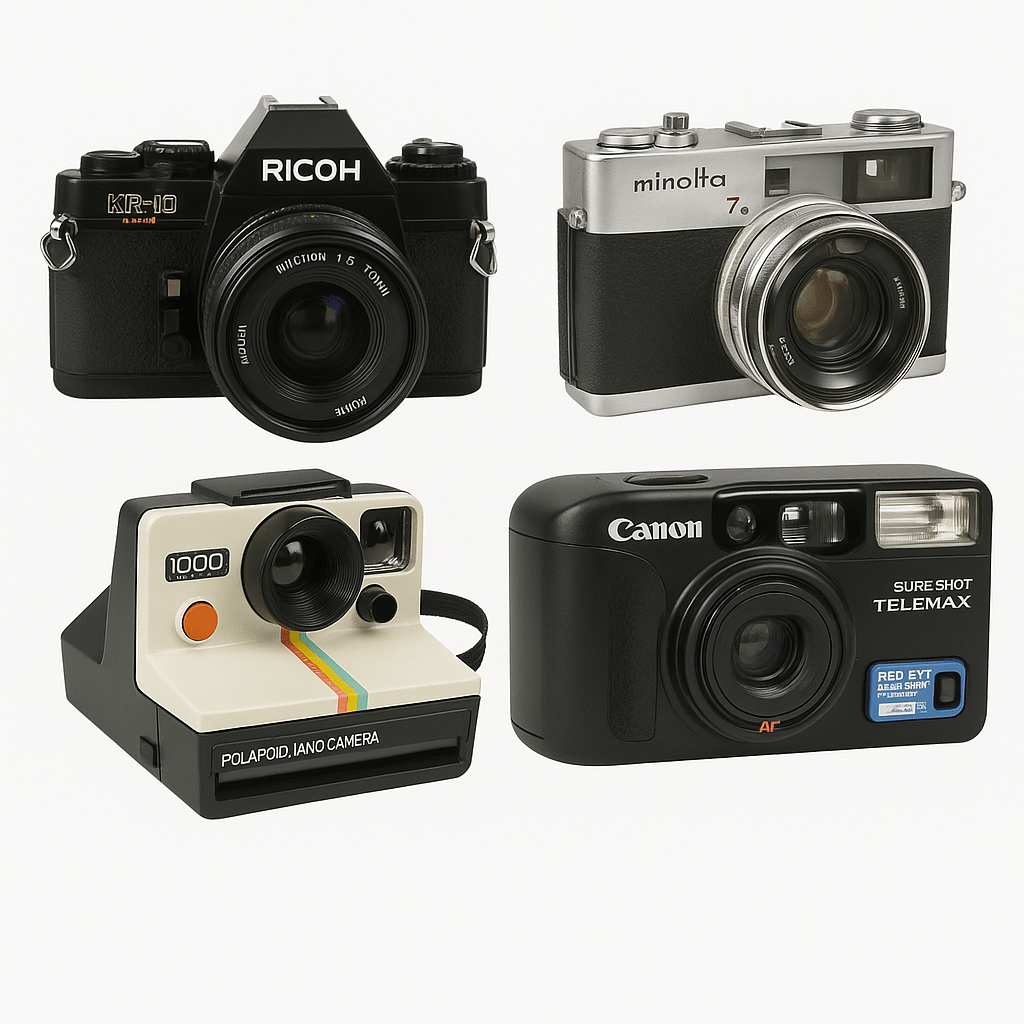
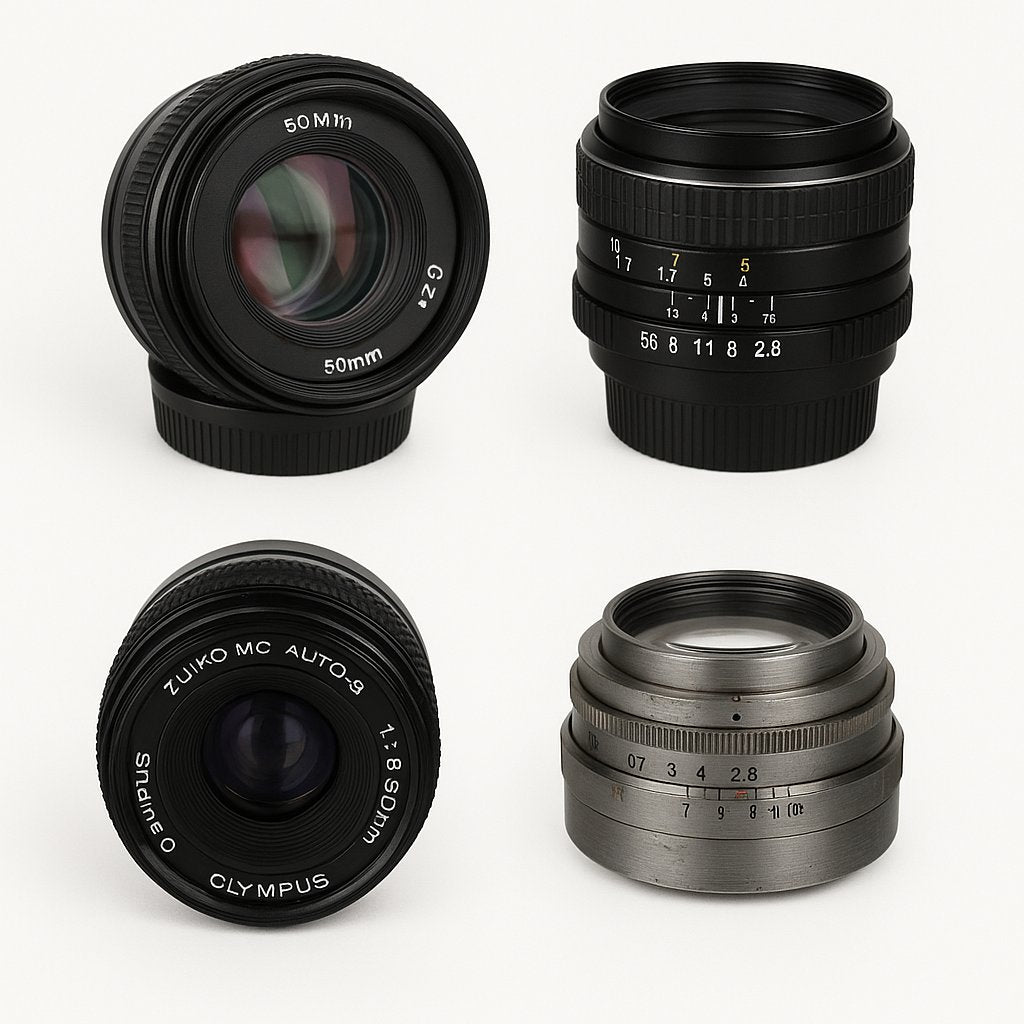
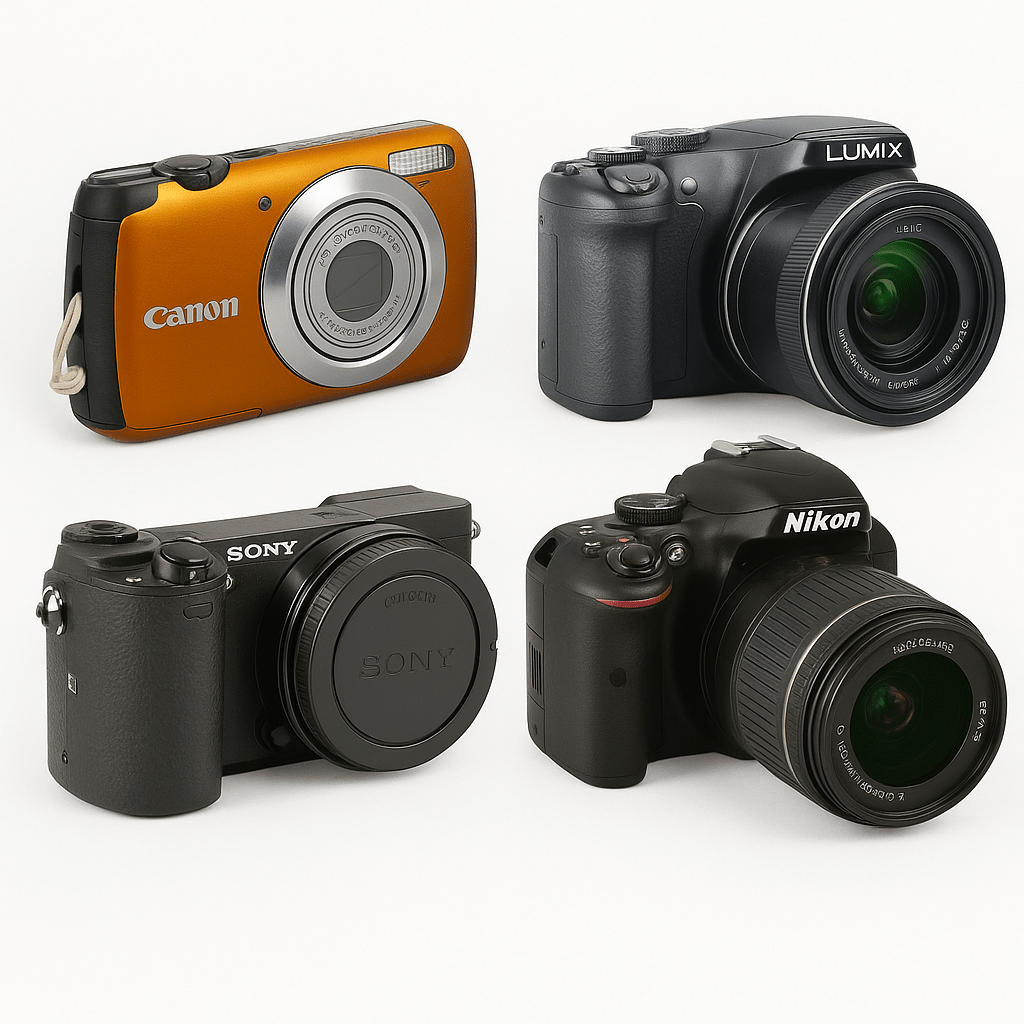
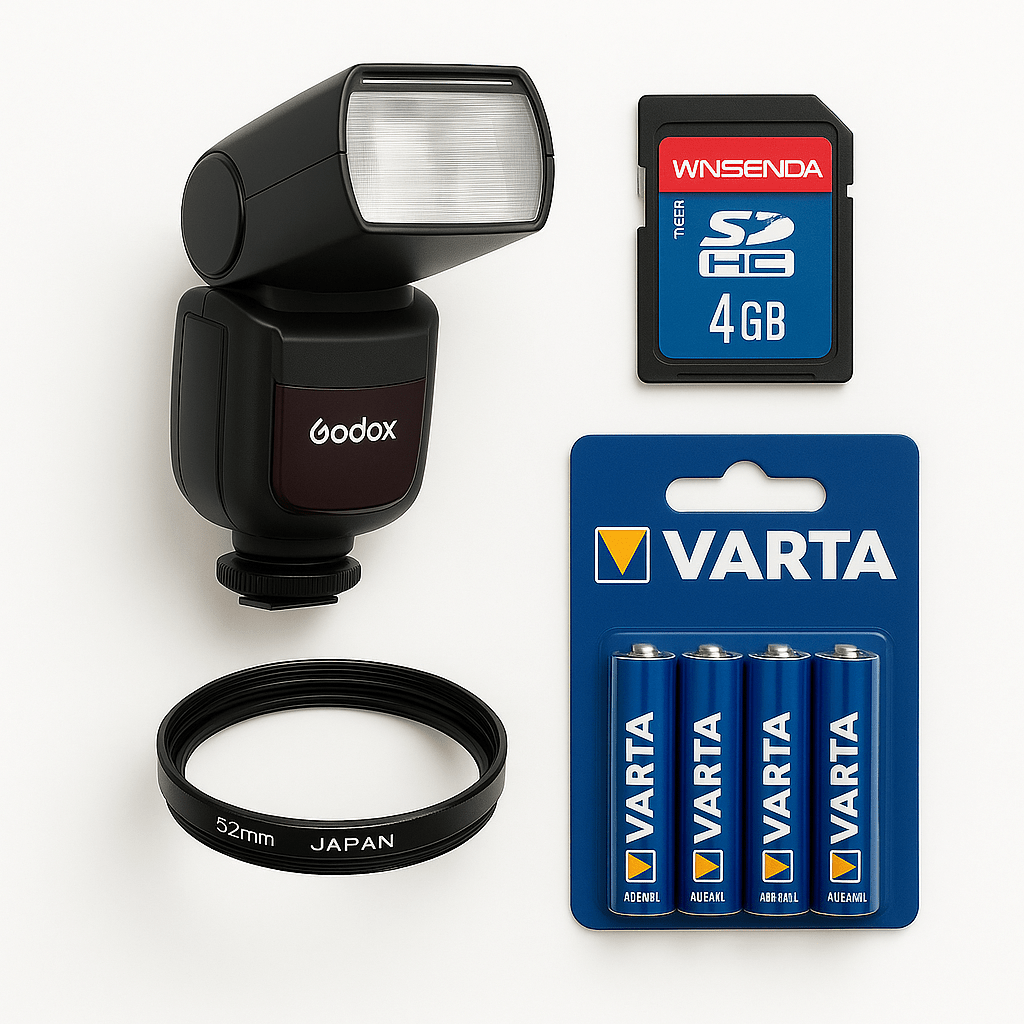
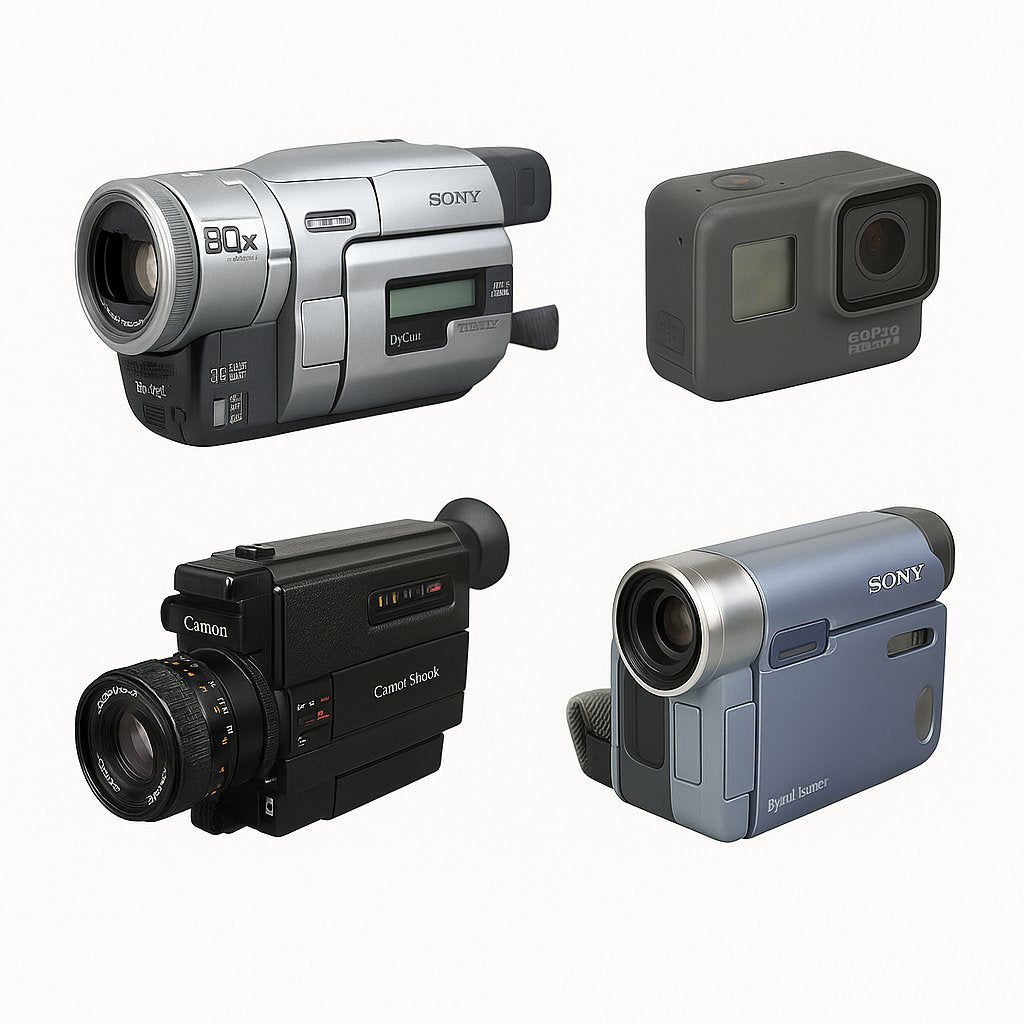
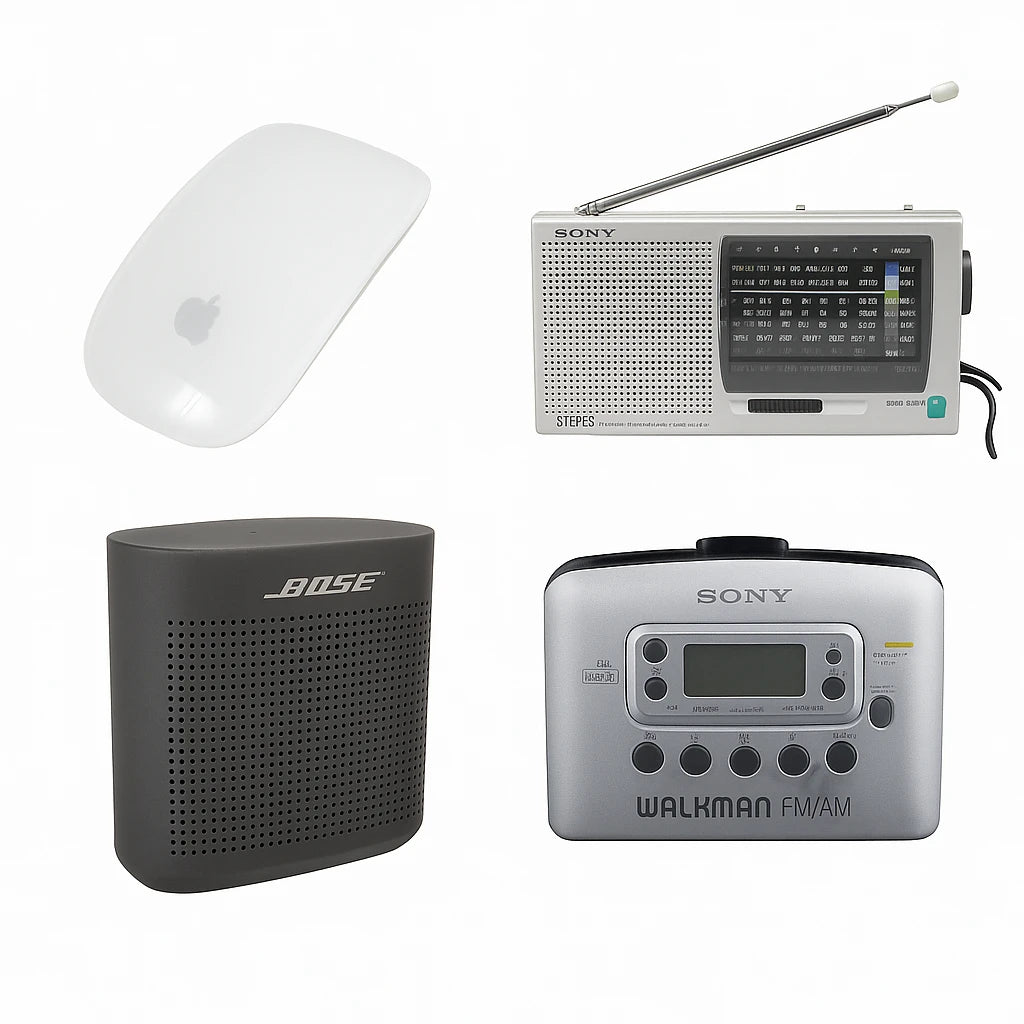
0 comments